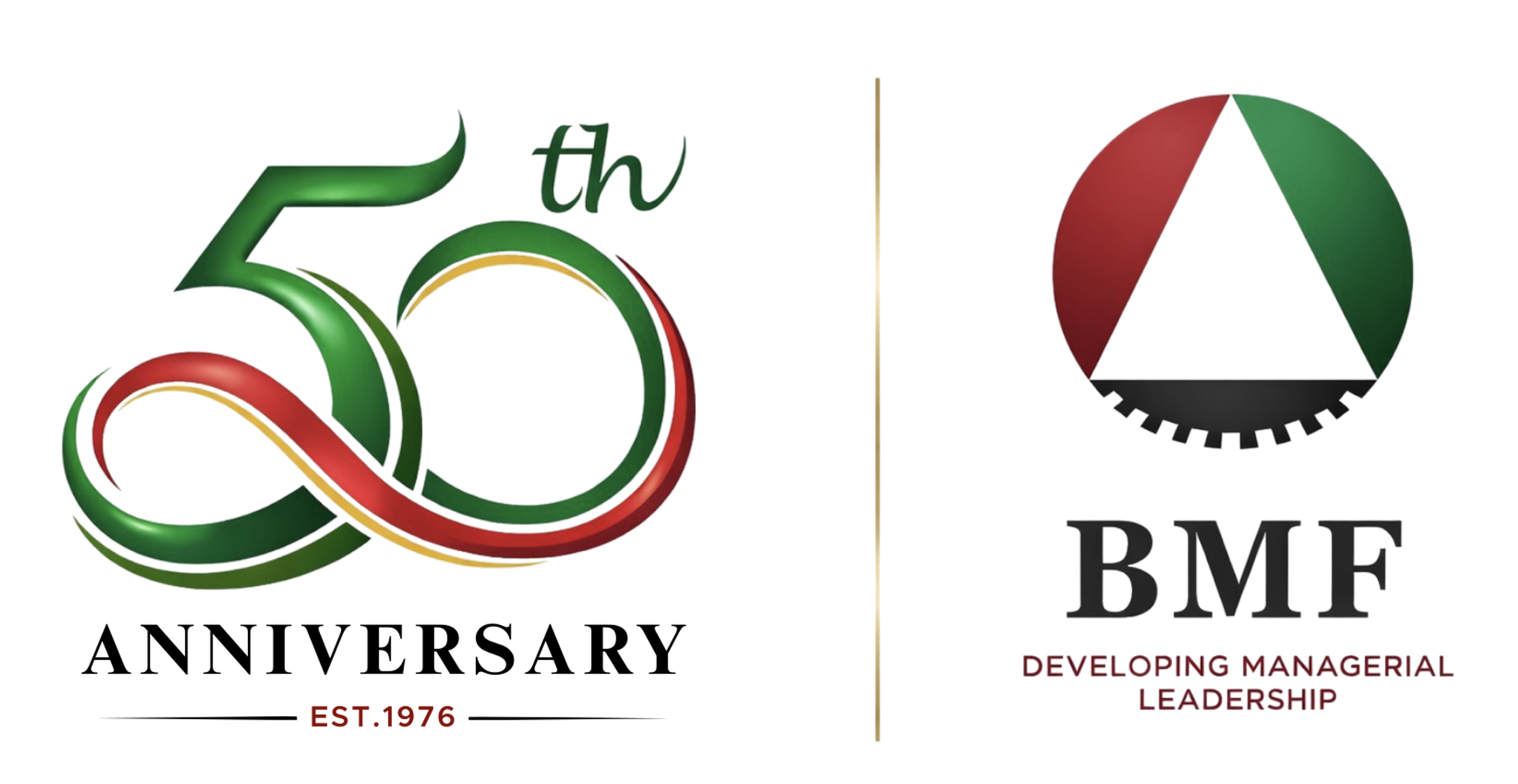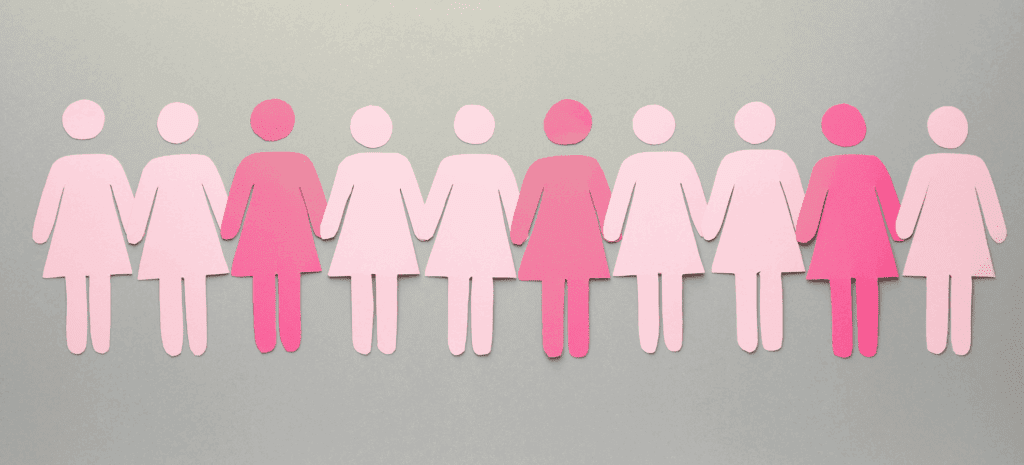South Africa’s Youth at a Crossroads: Can We Solve the Unemployment Crisis?

As South Africa marks another Youth Month this June 16 we find ourselves at a pivotal juncture in our nation's history. This year's commemoration comes against the backdrop of significant political shifts and an alarming socio-economic landscape, particularly for young black South Africans.It is thus very difficult to divorce young and women socio-economic ills, least to say they mirror each other. According to the data, young women display heightened vulnerability in the labour market when compared to young men. In 2024, the absorption rate of young men was 31,9%, outpacing young women, whose rate stood at 24,2%. The unemployment rate among young females was estimated at 49,4% in 2024, marking a notable increase of 3,3 percentage points from 46,1% in 2004. The recent National General Elections on May 29, 2024, have reshaped the political terrain, with the ruling African National Congress (ANC) losing its majority vote for the first time since the advent of democracy. This shift reflects a deep-seated despondency among the youth, who have been profoundly affected by the current state of the nation.
The Struggles of Youth Employment
Youth unemployment in South Africa has reached an all-time high. The figures are staggering and paint a bleak picture of the future for young people. According to recent statistics, more than 60% of South Africans aged 15-24 are unemployed. This is supported by statistics indicating a 45,5% unemployment rate among young individuals (aged 15-34 years), in contrast to the national average of 32,9% in the first quarter of 2024.This crisis is further exacerbated by the fact that even degree holders find themselves without job opportunities or prospects.According to the Quarterly Labour Force Survey (QLFS) for the 1st Quarter of 2024, only 9,8% of the employed youth were graduates. The promise of a better future through education seems increasingly elusive. The dire state of youth employment is not merely a result of economic factors but is deeply intertwined with the social fabric of the country. Crime rates are soaring, with youth being both perpetrators and victims. Gender-based violence and femicide statistics are skyrocketing, adding another layer of complexity to the challenges faced by young people, especially women.
Historical Context and Current Realities
In the post-apartheid era, significant efforts were made to address the inequities of the past. Policies aimed at redressing the socio-economic imbalances were implemented, including affirmative action and Black Economic Empowerment (BEE). However, the effectiveness of these policies in truly transforming the lives of young black South Africans is now under scrutiny. Many young people feel disconnected from the political process and disillusioned with the promises of liberation that have yet to materialise in their daily lives. The ANC, which once symbolized hope and change, now faces criticism for failing to deliver on its promises. The youth's growing discontent is not just a rejection of the party but a call for a new vision and direction for the country.
Bridging the Gap
To address the youth unemployment crisis, we must first understand the root causes. Education and skills development are critical, but they must be aligned with the demands of the modern economy. The current educational system often falls short in equipping young people with the skills needed for today's job market. There's a growing need for a more dynamic and responsive educational framework that includes vocational training and digital literacy.
Moreover, the private sector has a crucial role to play. Public-private partnerships can create pathways for young people to enter the job market. Internship programs, apprenticeships, and mentorship schemes can bridge the gap between education and employment. At the start of 2023, YES had placed over 100 000 South Africans between the ages of 18 and 29 in local businesses for a year of work experience. Through YES, approximately R6 billion in youth salaries has been injected into the economy and has enabled participants to support their families. Businesses should be incentivized to invest in the youth, not just as a corporate social responsibility initiative but as a strategic investment in the future workforce. How best can government best promote the Employment Tax Incentive (ETI), We find that ETI firms seem to increase youth employment more than non-ETI firms after the policy comes into effect.
Political Will and Governance
The recent elections have ushered in a new era of political uncertainty. The first sitting of the South African National Assembly on June 14, 2024, becomes a critical moment for the country's future. It is an opportunity for the new government to demonstrate its commitment to addressing the issues facing young people. Transparent governance, accountability, and a clear youth-focused agenda are essential.
Policies should be designed with the active participation of the youth. It's time to move beyond tokenism and ensure that young people have a seat at the table where decisions about their future are made. Youth councils and advisory boards can play a significant role in shaping policies that are relevant and impactful.
A Call to Action
Youth Month is a time to reflect on the progress we have made and the challenges that lie ahead. It is also a time to act. The voices of young people must be heard, and their concerns addressed with urgency and sincerity. The future of South Africa depends on the empowerment and inclusion of its youth.
We need a collective effort from all sectors of society to create an environment where young people can thrive. From education reform and job creation to social support and political engagement, every aspect of society must contribute to building a better future.
In conclusion, the evolution of youth employment in post-apartheid South Africa is at a crossroads. The challenges are immense, but so are the opportunities. By bridging the gap between policy and practice, education and employment, and promise and reality, we can ensure that the legacy of Youth Month is one of hope and progress for all young South Africans.
About the Authors

Ayavuya Madolo (Aya) hails from the city of Bloemfontein in the Free State Province, South Africa. Passionate about nature and the out-doors, he has an interest in Environmental Social and Governance, known as ESGs. He is a member of the South African based ESG exchange and a member of the US based Finpublica. He was the Group Marketing Head at Pamodzi Group. One of the beacons of African owned big businesses in South Africa, and the General Manager of Pamodzi Smart Stores, an entity that seeks to transform the traditional local “Spaza Shops” into world class retail stores. Ayavuya is a Board Member and Admin Manager at Nadcom Systems. He is the current National deputy chairperson of the BMF Young Professionals.

Thulisile Buthelezi is a BMF member and sits on the Policy & Research Committee (PRC). She is also the elected Provincial Chairperson for BMF Young Professionals in KwaZulu-Natal. She holds a Bachelor of Laws (LLB) degree from the University of KwaZulu-Natal. In February 2024, she was admitted as a Conveyancer of the High Court of South Africa and joined Strauss Daly Inc, a national footprint law firm, as an Associate. She is also an active member of the KZN Black Property Sector Association, which promotes socio-economic transformation in the KZN real estate landscape. In May 2024, she was selected to participate as a mentee in the Advancing Women in the Workplace of the Legal Sector mentorship project.
Post Views: 1,092






Responses